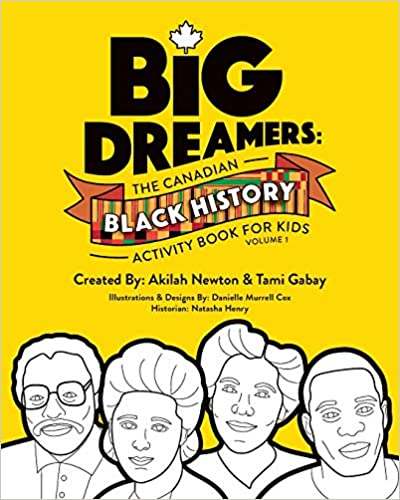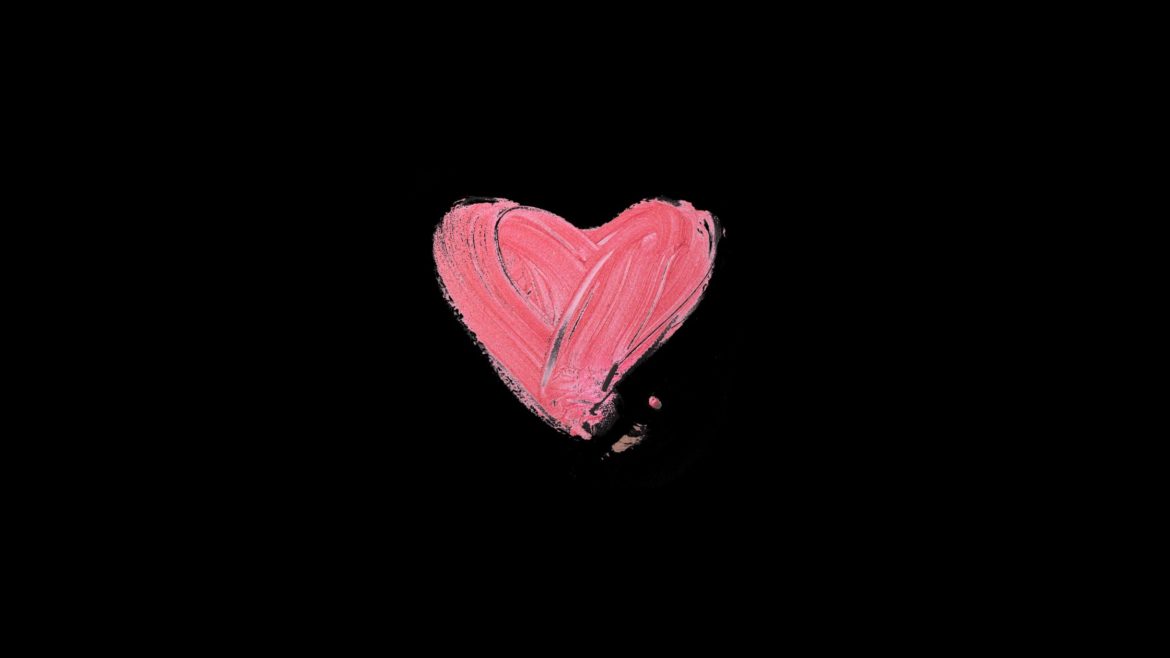Over the years, my family-friendly spot on the internet has taken on some very serious topics. I’ve written about sexual assault, online safety, the legalization of marijuana in Canada, marching after the US election and the terrorism attacks in Paris and Kenya. You might ask why I addressed these topics on a family-friendly, positive-focused blog geared to young families. Simply put, because all these subjects, as difficult as they are, affect us all. We have an obligation to educate our children so that they can be prepared for difficult subjects and how to handle them when they are not with us. I may not express everything correctly in this post but trust me when I say it has been in the works for two weeks and I know now more than ever, something is better than nothing. As parents, as white parents, we will never know everything before we can begin the project of teaching our children.
Not long ago, I was talking about the reality that is our children’s network. Gone are the days of cable television, and news being played around dinnertime for the whole family to hear and see. Radio is even less of an everyday habit since kids listen to the streamed music they want to listen to on their devices. Having our world so filtered and choice-based makes us believe our world is small. But being so selective and disconnected with the whole world’s reality can put kids (and parents) in a bubble.
Well, since the COVID-19 pandemic, that bubble has been given a gigantic pop of realness. To stay on top of our local health and safety, news broadcasting has had a major surge and people all over the world have been listening and watching to see how every country is handling the spread of the virus. Selfishly, we have kept up with the numbers of casualties, trying to see if our own curve was doing better than other areas around the world. And if others were doing better, we have wanted to know why and how. And while here in Canada, Quebec has been the most detrimental of provinces, we are still better than Spain, or better than Italy.
‘Better Than’ Doesn’t Count
Just as the world was pretty much sick and tired of being self isolated, watching terrible statistic after the next about this pandemic, something sparked a flame in a fire that was never put out completely: racism.
A man named George Floyd was killed in broad daylight in the United States by a policeman holding him down with his knee on his neck. Mr. Floyd died of suffocation. The policeman held him down for 8 minutes and 46 seconds. What was Mr. Floyd’s crime? He tried to use a counterfeit $20 bill to pay for something. First, I have never fully watched the video that was taken by a 17-year old girl, named Darnella Frazier. She must have been scared out of her mind, but she filmed it, knowing it was wrong and needed to be documented. Second, no crime justifies a policeman to use his power wrongly to take the life of another human being. Third, all three policemen involved in this murder have been fired, and at this time are awaiting trial, but have been convicted of murder in the second degree (one is currently out on bail).
What happened next, was a global outcry. As the world was sitting still, doing less and listening more, the murder caught on film went viral and hit every trigger in every anti-racist person in every country and people took to the streets. Protests have been going on worldwide, regardless of the pandemic, to demand for justice for Black people and end racism. Suddenly, better than had a very, very different meaning. As humans, we were faced, truly faced, with something many white people like myself had been unmindful to. It took the world to shut down for us all to wake up.
Sadly, George Floyd’s death was not the first to be documented and shared. In my life, there were many others to date. But this time, my children were aware of it. They heard me talking about it, they wanted to understand. Without showing them the video (just a picture), I explained what happened.
My boys had many questions:
“If he didn’t try to fight back, why did the policeman hold him down?”
“Why didn’t they just arrest him if he did something bad?”
“Why didn’t the policeman stop holding him down when he said he couldn’t breath?”
“Why didn’t they just cuff him and bring him to the police station?”
This was not something I could ignore, in fact it was a moment that I knew would last longer than a few days and be a part of history. It was time to have more meaningful talks, open a dialogue and try to discuss what racism is.
After some talking, one question that my son said hit every nerve in my body “how can police officers be allowed to do that (be racist)?”
And there, my friends, lies an issue we must try and discuss with our children. As we all know, not all police officers are racist. And maybe you have a child at home that would love to become a policeman or policewoman one day. So, now is the chance for us to instill a new way of thinking to the systems we hold as helpful to our communities. Every career that holds power, every job that deals with decision making for more than even two people needs to be redesigned to be inclusive, and anti-racist in every way.
Anti-racism starts at home
Over the past couple of weeks, I have heard a lot of people say that racism starts at home. While this is true, I am going to focus on the positive way of thinking here. If you are a parent reading my blog, you already have a passion inside you to do more for your child. While I have always been honest and explained I do not have a psychology degree, I am a mama wanting to learn and do more for my children. This place is as much for me as it is for you.
I will be honest with you, friends. I know very little about Black history. As a child growing up in Quebec, Canada, I was taught about the Underground Railroad…and that’s it. We took a field trip to Upper Canada Village and were shown how to make wool and bake bread. We were not taught about the history of how this time in Canada lived and treated Black people. And to be very honest, I also was not taught about the plight of the Indigenous children and families in our own province and country. That information has only surfaced in the last years as Prime Minister Trudeau made a public apology for the years of cultural genocide.
Where does that leave me as a white mother? Pretty ignorant. Why didn’t I pursue these subjects more in later years? I suppose one reason was that when school was done, I was grateful and moved on into the workforce. History was never my strong subject so looking for more would not have been a consideration at the time. I lived in a suburban, mainly white community and racism just never came up for me. Canada is pretty sly that way. Blaming the racist acts of the US as something that does not happen here has been a way to keep our history under the rug.
But as I am learning in the discussions going on right now, my guilt for not educating myself yet is not a helpful feeling right now – we need to move forward and do so much better. We can feel bad, we can feel outraged, we can feel so very, very sad. But guilty should not make the cut and stunt us from making sincere change.
Education is necessary for change
The only way, the very best way to grow has always been to learn. In a perfect world, I would love to see an overhaul of Canadian history for all elementary and high schools. But as we have heard from many leaders and decision makers, that will take time. Spoiler alert: the information is out there right now for us as parents to teach our children above and beyond what they will learn in school. It doesn’t matter where you are from, if you live in a suburban white neighbourhood or not. In fact, I would argue it matters even more if you do.
To tell you I have solid answers now because I’ve read lots of books over these last two weeks would be a lie. I have not. I am learning through Black influencers and speakers, I am joining groups, and I am compiling a list of reputable sources with books for children and adults, websites, articles and podcasts. As much as I love books, I have not read one since March due the level of anxiety and stress I have had with COVID-19 and the protests and learning more about terrible happenings. I’m just being honest, friends. But my list of fantastic sources is growing. In part two, I will share the best sources I have discovered and learned from with you.
Start Now
If you have not started the conversation with your children about racism and what it means to be anti-racist, now is a great time. The world is on fire and people are crying out for change. We need to embrace this and show our children we can change this with our thoughts, our actions and learn from our mistakes. This is what our parenting will bring to our children, because we do it with love.
 As a starting point, I encourage all of you to purchase this children’s book co-written by my friend, Akilah Newton, educator, activist and founder of Overture with the Arts. I want to see this in every school across Canada as a first tool showing children incredible Black people from Canada. Get yourself a copy for home, friends. I know a lot of you are real happy homeschooling will be over soon, but this is an education we cannot live without anymore. It can no longer be during a month in February or a snippet on social media.
As a starting point, I encourage all of you to purchase this children’s book co-written by my friend, Akilah Newton, educator, activist and founder of Overture with the Arts. I want to see this in every school across Canada as a first tool showing children incredible Black people from Canada. Get yourself a copy for home, friends. I know a lot of you are real happy homeschooling will be over soon, but this is an education we cannot live without anymore. It can no longer be during a month in February or a snippet on social media.
I’m not sure how to close this post. Mainly, because it is not an ending here. Part two will be out later this week, and I will continue to research and learn to be a better ally to the Black community and a better teacher to my children about anti-racism. Stay tuned.

